Juicing is becoming increasingly popular as its nutritional values circulate in the dietary world. While more and more people are getting interested in the health benefits a diet that incorporates juicing can bring, it’s still important to understand the bona fide merits of this nutritional practice.
As with any dietary adjustment you make to your lifestyle, it’s important you know all that you can before you start altering what you put into your body.
There’s a whole lot to juicing as there is no one-drink-fits-all. That’s why we want to dive into this question ourselves, so you’ll be able to juice with confidence: is juicing good for you? Let’s discuss.
What Is Juicing?
First things first, let’s be clear about what we mean by juicing. Juicing is the dietary practice of including fresh juice with whole fruits and vegetables, like apples, lemon, lime, carrots, spinach, and cucumbers, into your food plan to get a streamlined boost of healthy nutrients while cutting back on foods in your program.
Juicing is used as a cleanse, where you effectively fast for three to seven days. The only exception is the consumption of nutrient-rich juices, getting you through the day with essential vitamins and minerals to keep your body going.
The lower-calorie diet combined with more easily absorbable, rich nutrients packed into the juiced fruits and veggies–and sometimes other nutritious additions as well – can help your body readjust to a healthier diet, lose weight, boost a healthy digestive system, increase fiber, improve gut health, and more.
Meeting Your Daily Recommended Intake
Studies indicate that the vast majority of Americans don’t get their daily recommended amounts of fruits and veggies, a mind-blowing 80% of us, according to some research. For sweeter or saltier snacks, fruits and veggies are an essential cornerstone for a healthy diet.
Cold-Pressed Juice Is Packed With Nutrition
For those of us who fall within 80% of people who don’t get enough fruits and veggies, juicing can be a fantastic way to get those nutrients you’re missing out on.
Juicing squeezes loads of fruits and veggies into a super drinkable package. Think of all the beets you have to juice to fill one of our bottles of Raw Beet Ginger Juice.
That means that with every bottle of juice you drink, you’re getting staggering amounts of those nutrients you weren’t getting before, and now, without the pain of having to eat dozens of beets in a week. One of the biggest reasons we avoid fruits and veggies, especially the boring ones, is simply because, well, we don’t like them.
With juicing, it’s more simple than ever to get those nutrients you weren’t getting before, now in a far tastier juiced form.
Juicing makes it so much easier for people to cover an area of their diet that tends to be severely lacking. We just don’t eat enough fruits and veggies in this country. Whatever your reason, juicing presents you with a healthy, agreeable way to ensure you’re packing your diet with those critical nutrients.
From a routine juicing program to just a juice a day, juicing is a simple, healthy way to round out your diet.
What Nutrients Are in Juices Anyway?
With all this talk of key nutrients found in the fruits and veggies that go into juice, let’s take a moment to highlight why exactly these nutrients are so good for us.
Here are just a few prominent nutrients prevalent in most juices that hugely impact your health.
Antioxidants
Vitamins A, C, and E can function as antioxidants in juices. You may have heard the word antioxidants thrown around before. But what are they really?
In short, antioxidants are vital in suppressing free radicals in our body. No, not crazy anarchists, free radicals are unstable molecules that can cause oxidative stress, a process in the body that can damage our cells. These damaged cells can lead to various health conditions.
Basically, antioxidants are your body's defense against cell degeneration across the body. Fruits and veggies are absolutely packed with these essential nutrients. You are getting heaps of the antioxidants you need to keep your body from breaking down with juicing.
Electrolytes
Electrolytes aren’t just found in popular, sugary sports drinks. You can get tons of electrolytes from all-natural juices.
What are electrolytes to begin with? They’re minerals that help the body conduct electricity because of their positive and negative electrical charges. You may be surprised to hear, but electricity is necessary for our body to function.
From the synapse in our brain to muscle contractions, electrolytes give us the charge we need to keep going, and juices are full of them.
Juicing is a great way to ensure you get these hydrating nutrients. Veggies like kale, spinach, and other dark leafy greens are rich in calcium and magnesium. Many of our juices make use of these key vegetables that pack your body with electrolytes.
We also have nut-based milk, another electrolyte-rich food, included in many of our juices for that added level of electrolyte infusion.
Juicing Can Help With Weight Management
Probably the most popular goal people want out of juicing is weight management. Juice cleanses can help you shed weight fast as they give you a low-calorie daily diet regimen without sacrificing your health.
But you don’t even need to go that far to get the weight loss benefits of incorporating juice into your diet. A simple inclusion of one or two servings of vegetable juice a day can affect your weight loss goals.
Researchers compared two groups and their weight-loss strategies to see which was more effective in one study. One received dietary counseling, the other included daily servings of vegetable juice into their weight-loss-oriented diet.
It was the theory and practice of dietary counseling versus vegetable juice. Which would have a more significant effect on weight loss?
The juice prevailed.
The participants who drank the vegetable juice reported better and more sustained weight loss than their counseled counterparts. The researchers theorized that the cause behind this was simple: including more vegetables into our diet is essential to our good health, including our weight loss goals.
Gain More Health Benefits With Every PUR Bottle
If your concern is getting those fruit and veggie nutrients you’re missing, cold-press juicers give you the optimal option with super enriched juices.
What’s cold-pressing, you ask? It’s when juice is extracted from a hydraulic press under significant amounts of pressure instead of heat, keeping the juice’s nutritional value virtually unchanged. Then, in place of standard pasteurization methods, the juice bottle is submerged into cold water then goes through HPP, or high-pressure pressing.
Pressure, not heat, is used to extract and sanitize the juice throughout the process. This not only keeps the juice tasting delicious and fresh even two weeks after pressing, but you’ll be getting the most you can get out of every bottle of juice you drink.
All the nutrients you need from each bottle of juice are even more plentiful with cold-pressed juices. Check out our selection here at PUR and see how you can infuse even more great vitamins and minerals into your diet.
Boost Your Health With PUR Cold-Pressed
Juicing is beginning to emerge as a bona fide way to achieve many fitness goals. For those skeptical of the many different claims about juicing that the science is still investigating, juicing nevertheless has proven benefits to our health.
Namely, juicing is a supercharged method to get our fill of daily recommended nutrients from fruits and vegetables.
In a country where more than 80% of people neglect nutrients, the scientific community deems them absolutely necessary to our good health. Juicing provides you with a simple and delicious way to ensure you’re getting everything you need out of your diet.
Pur has every kind of juicing option you need to get your body back on board with the antioxidants, vitamins, minerals, and more critical to healthy living. With cleanse packages to help you restart your dietary habits to individual juices for people looking to include essential nutrients into their day, we’ve got you covered.
Sources:
Popular Weight Loss Strategies: a Review of Four Weight Loss Techniques | PubMed
75 Percent of Americans Say They Eat Healthy – Despite Evidence to the Contrary | NPR
Adults Meeting Fruit and Vegetable Intake Recommendations – United States, 2013 | CDC
Cold-Pressed Juice: Hipster Hype of Health Hero? | Food Insight
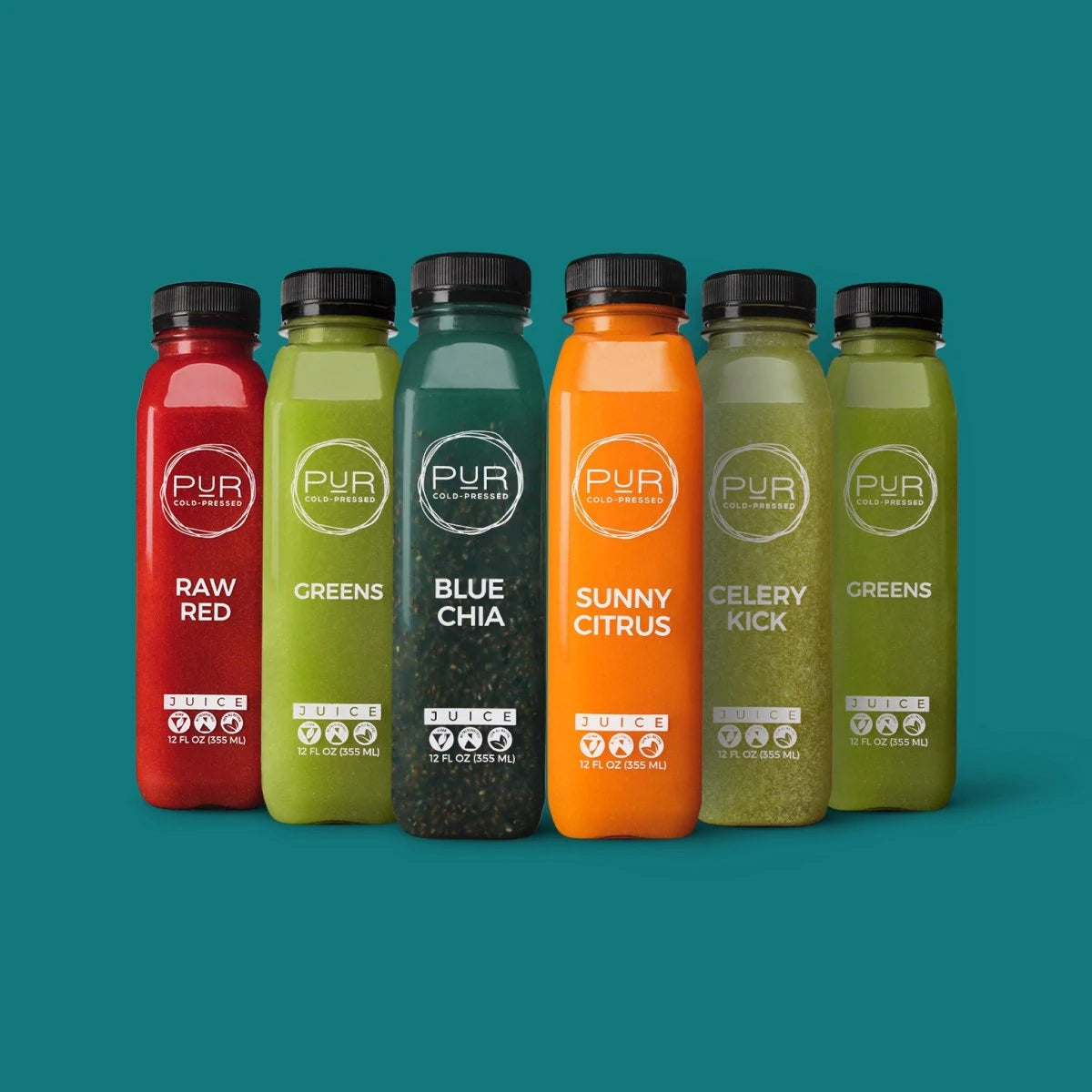
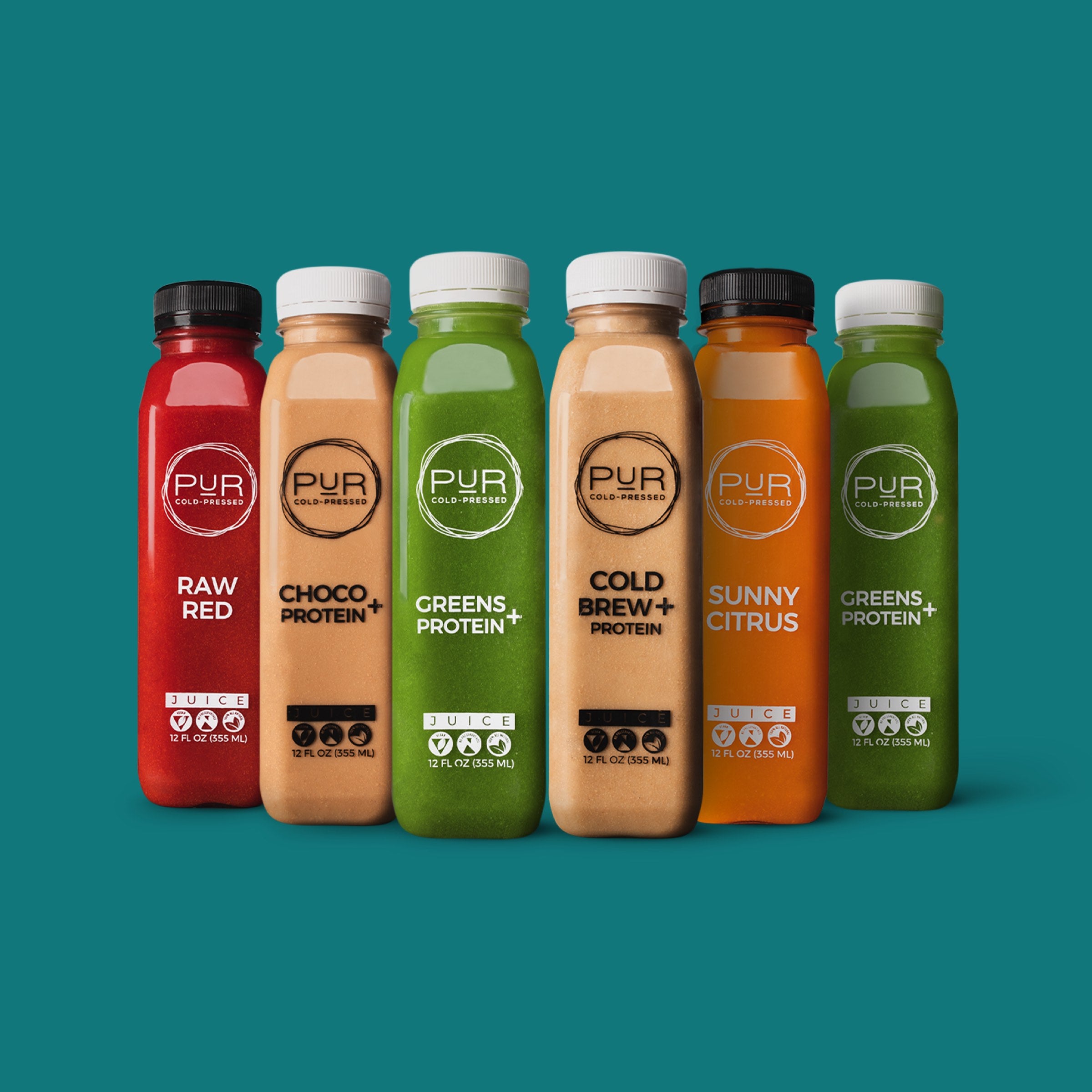
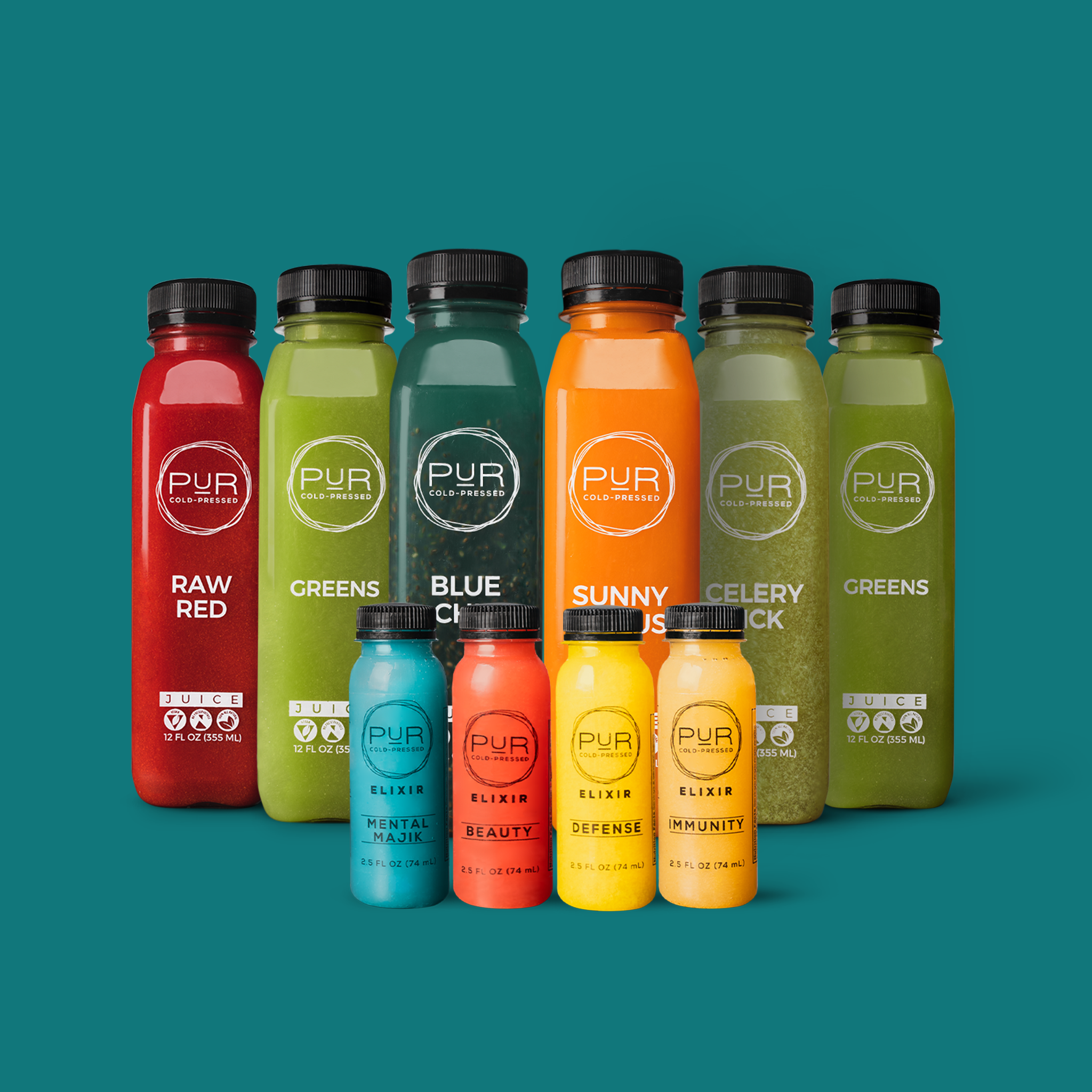
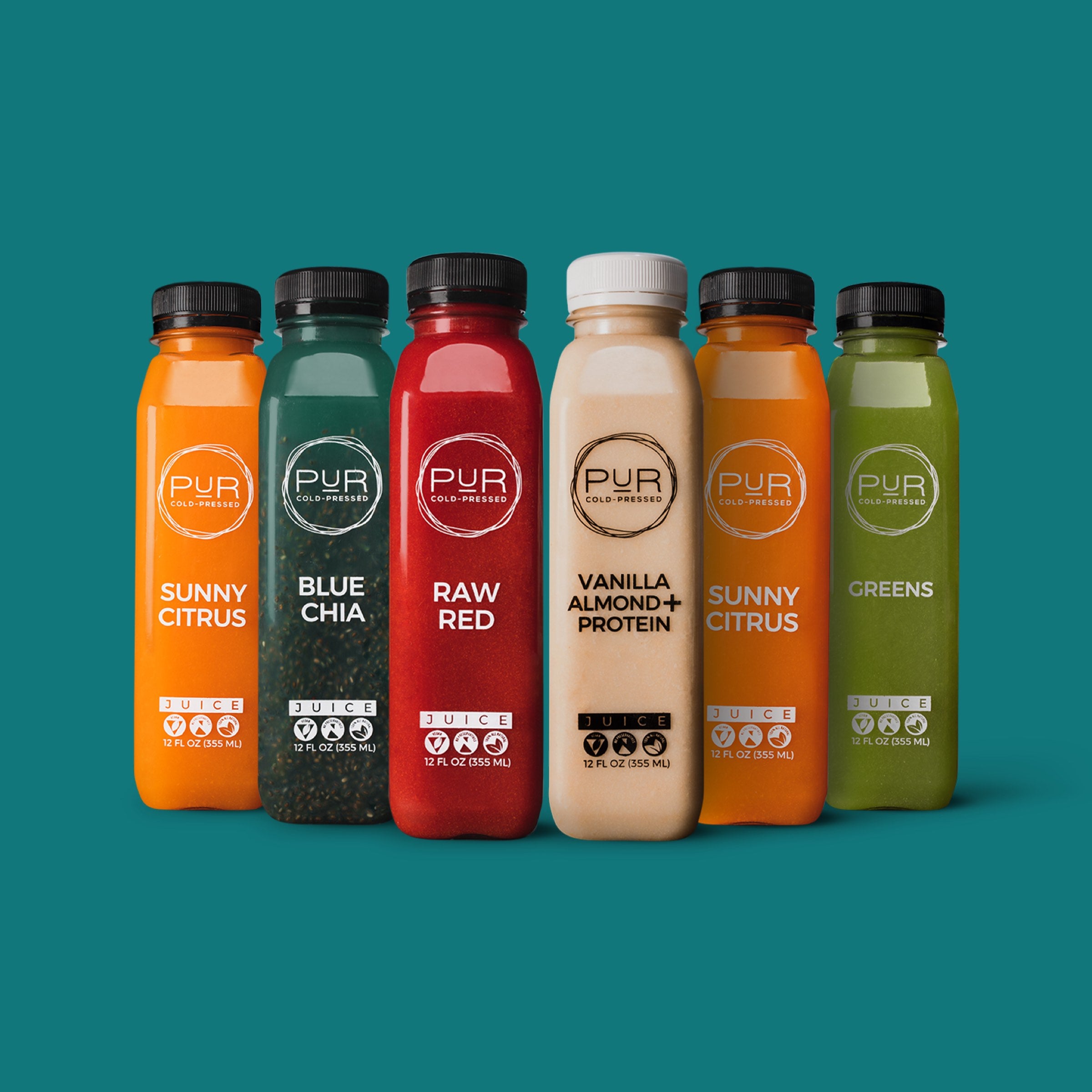
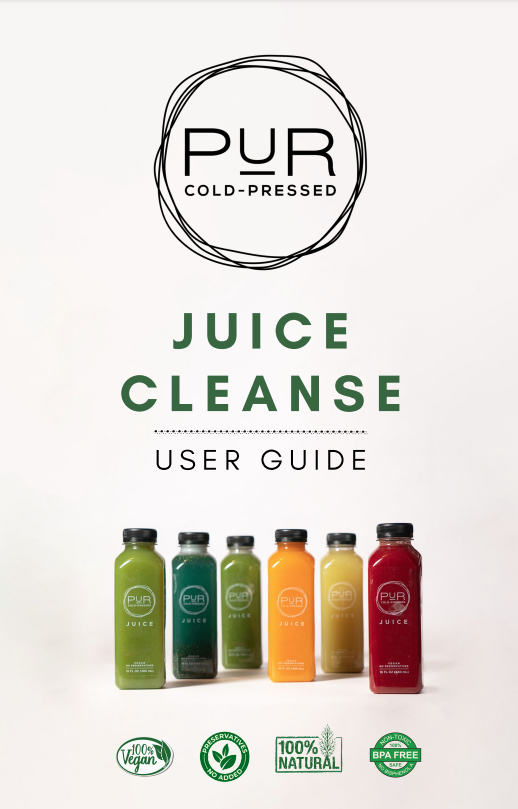
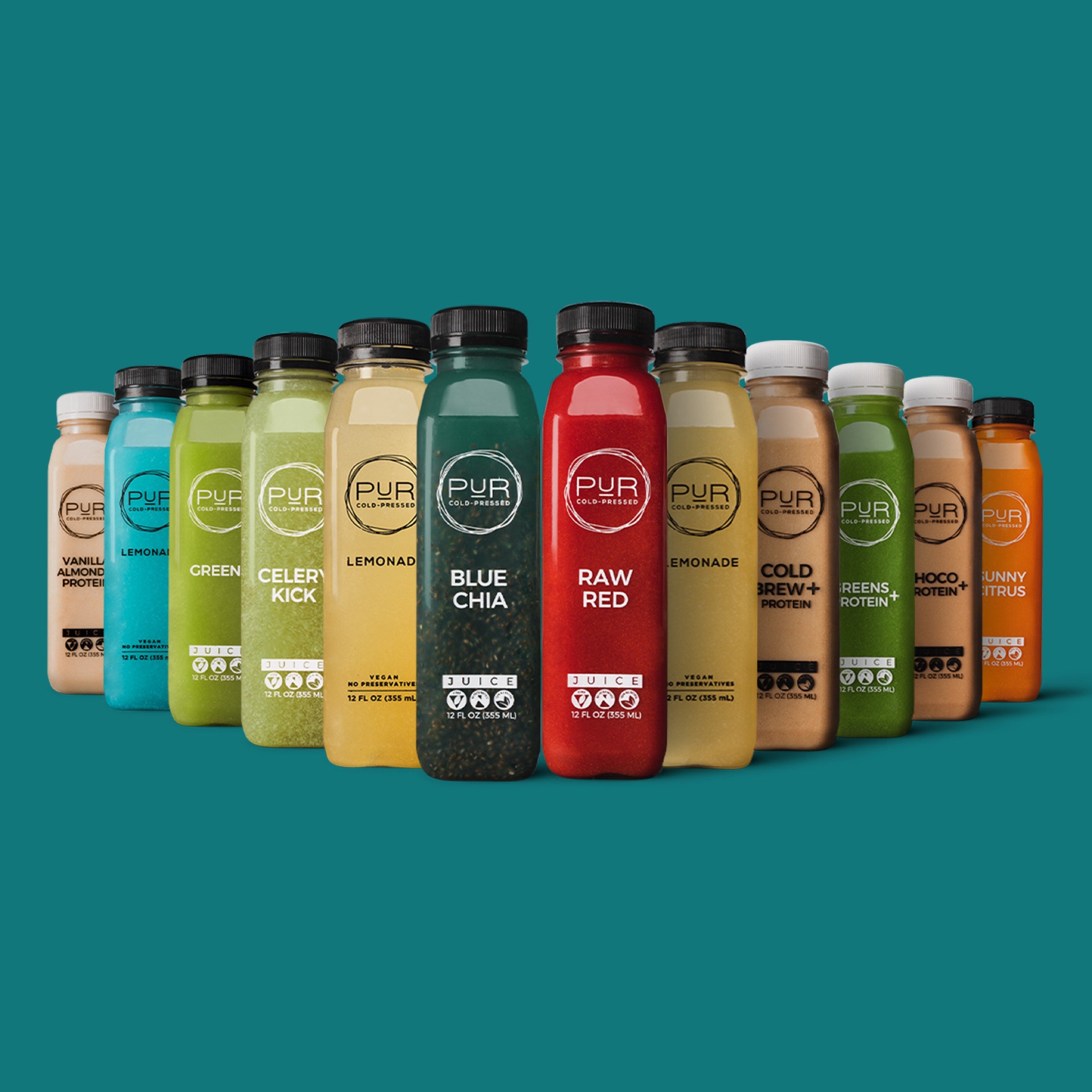
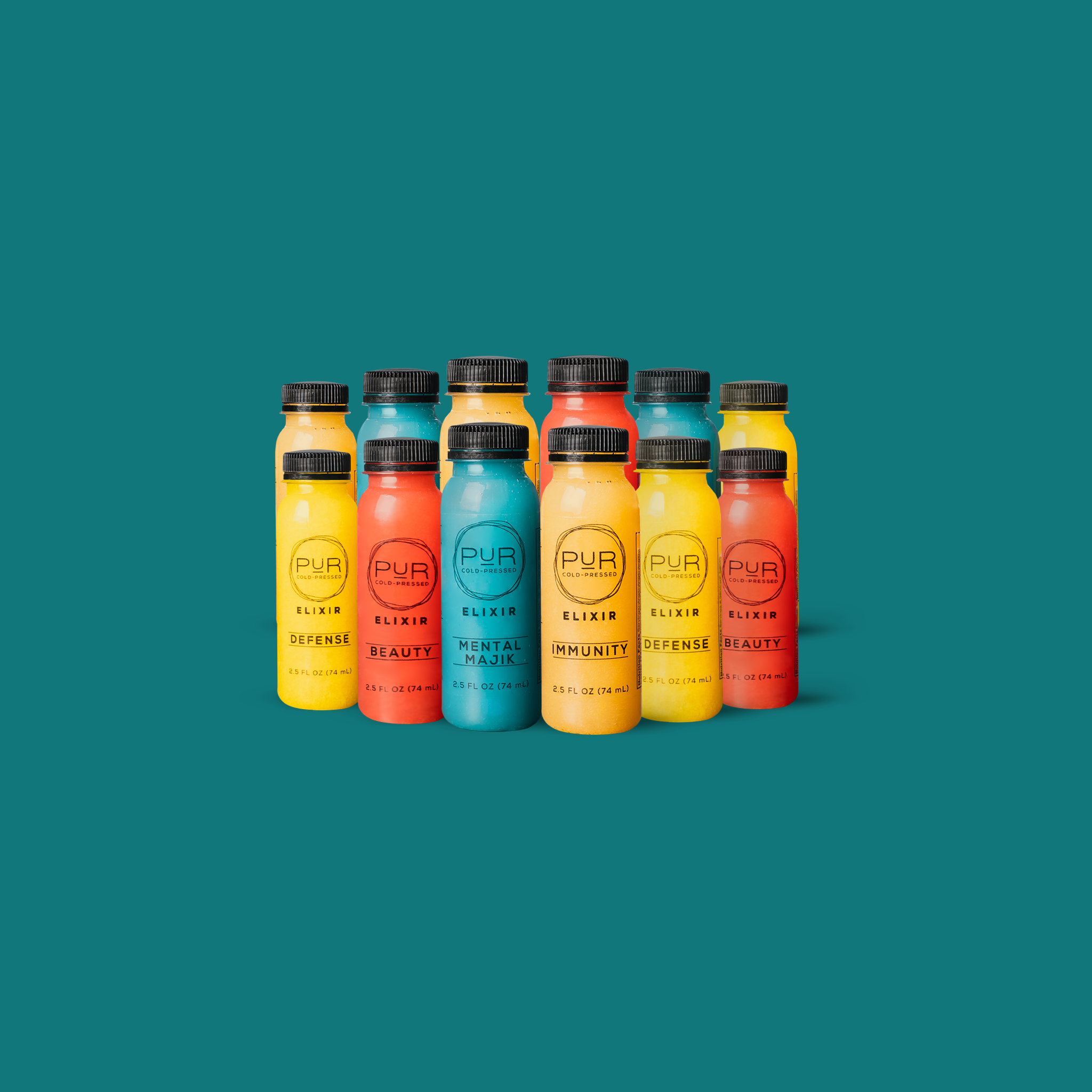
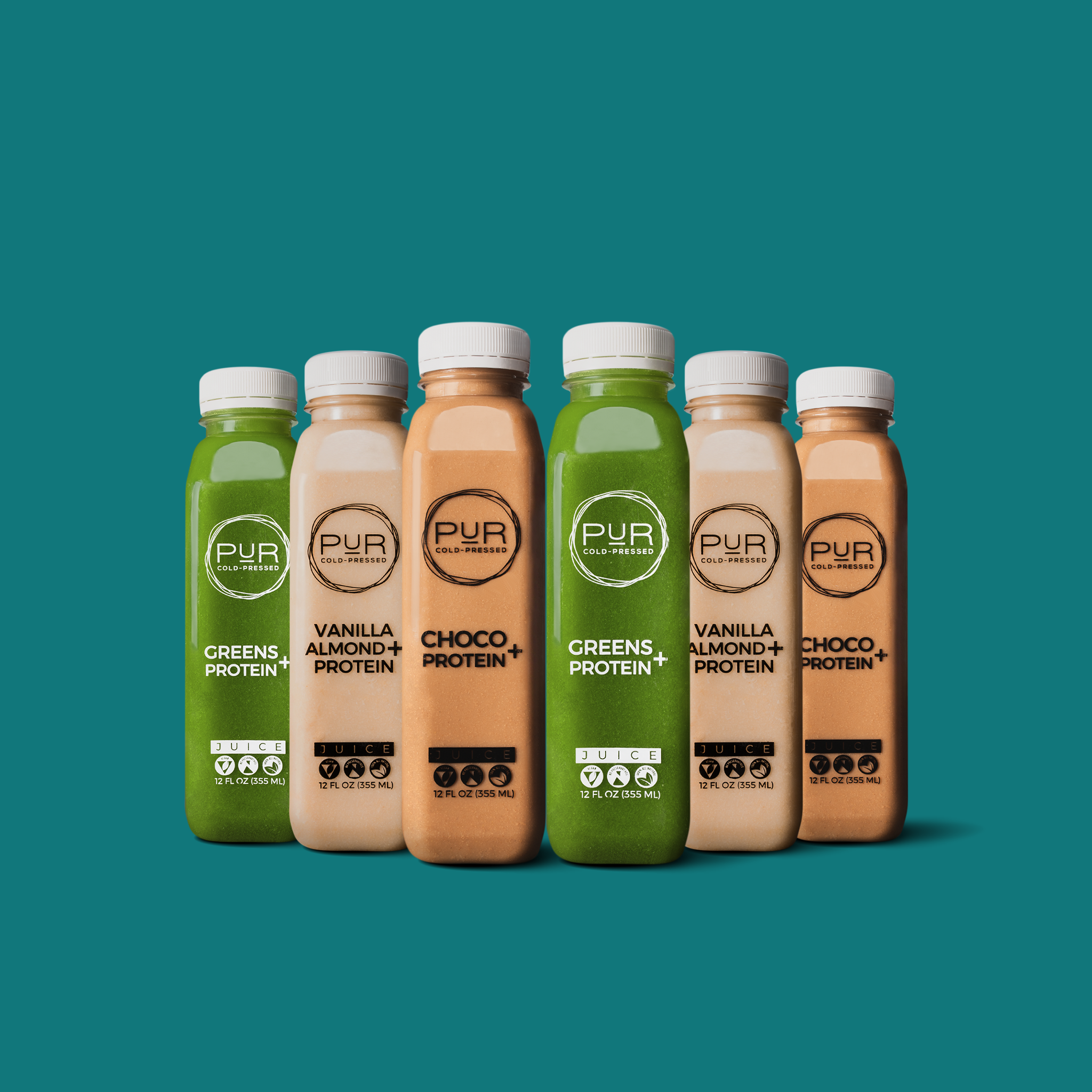
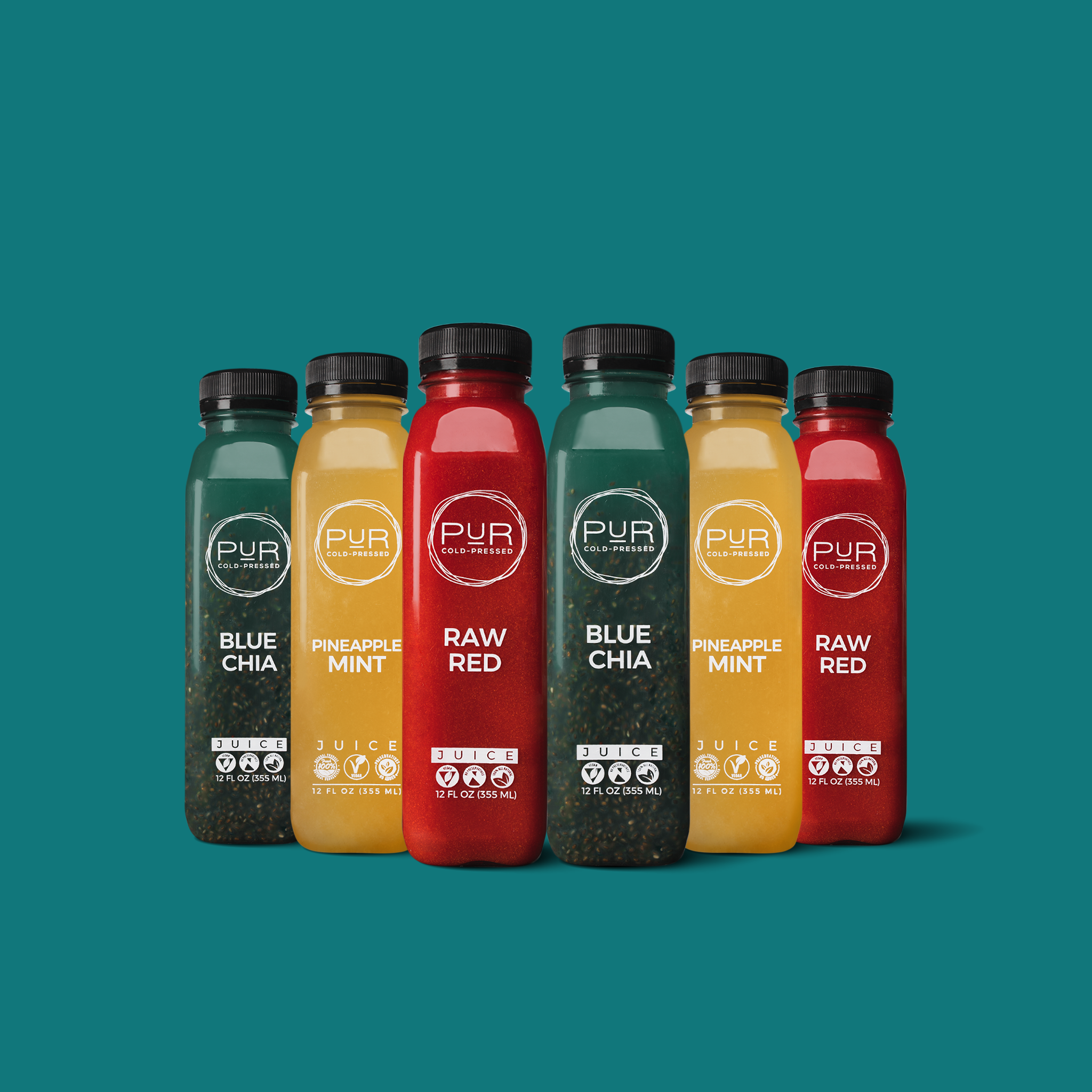
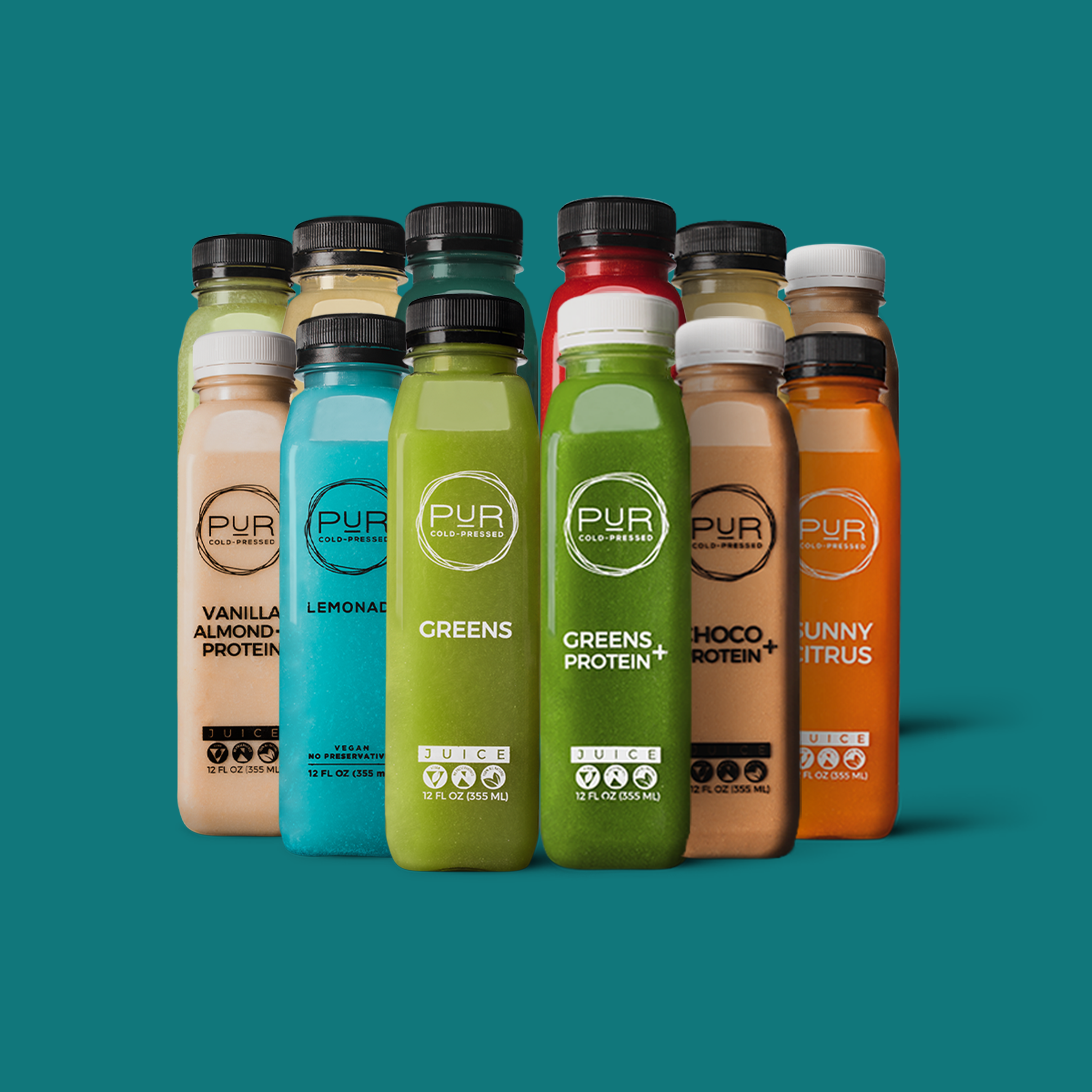
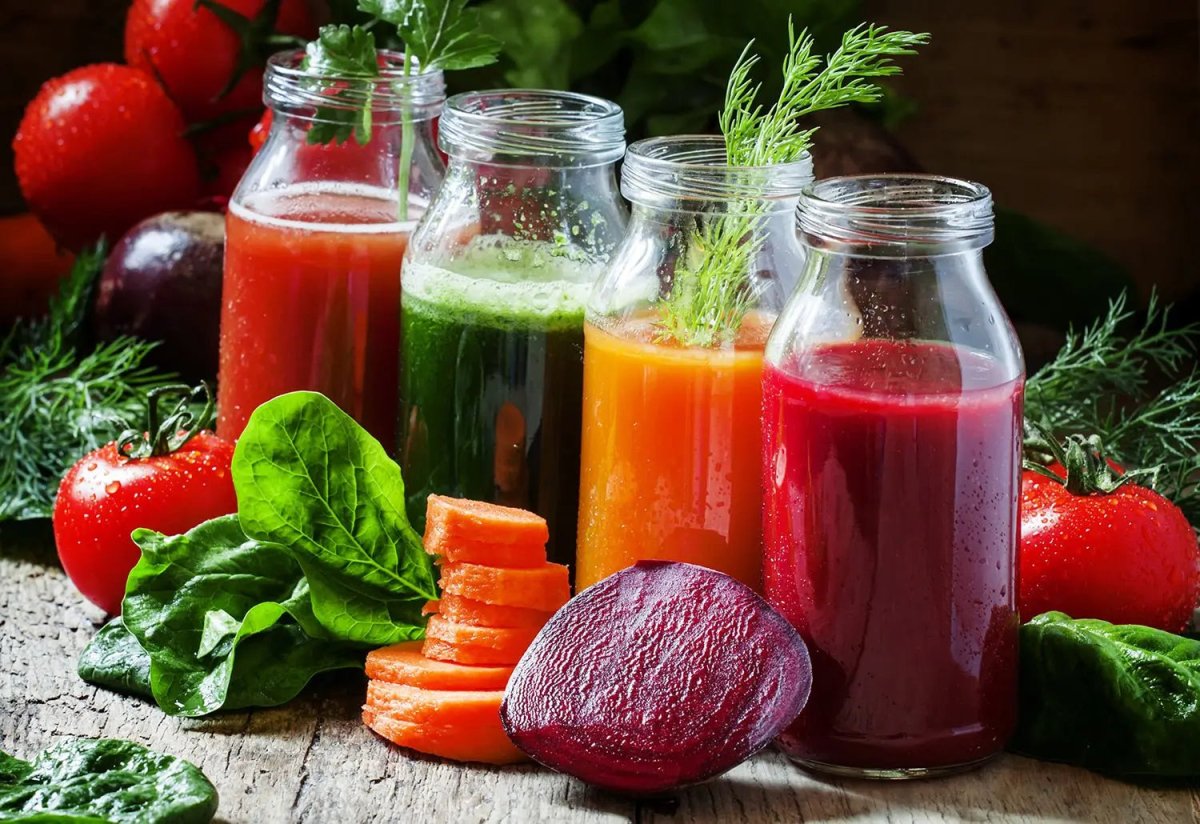
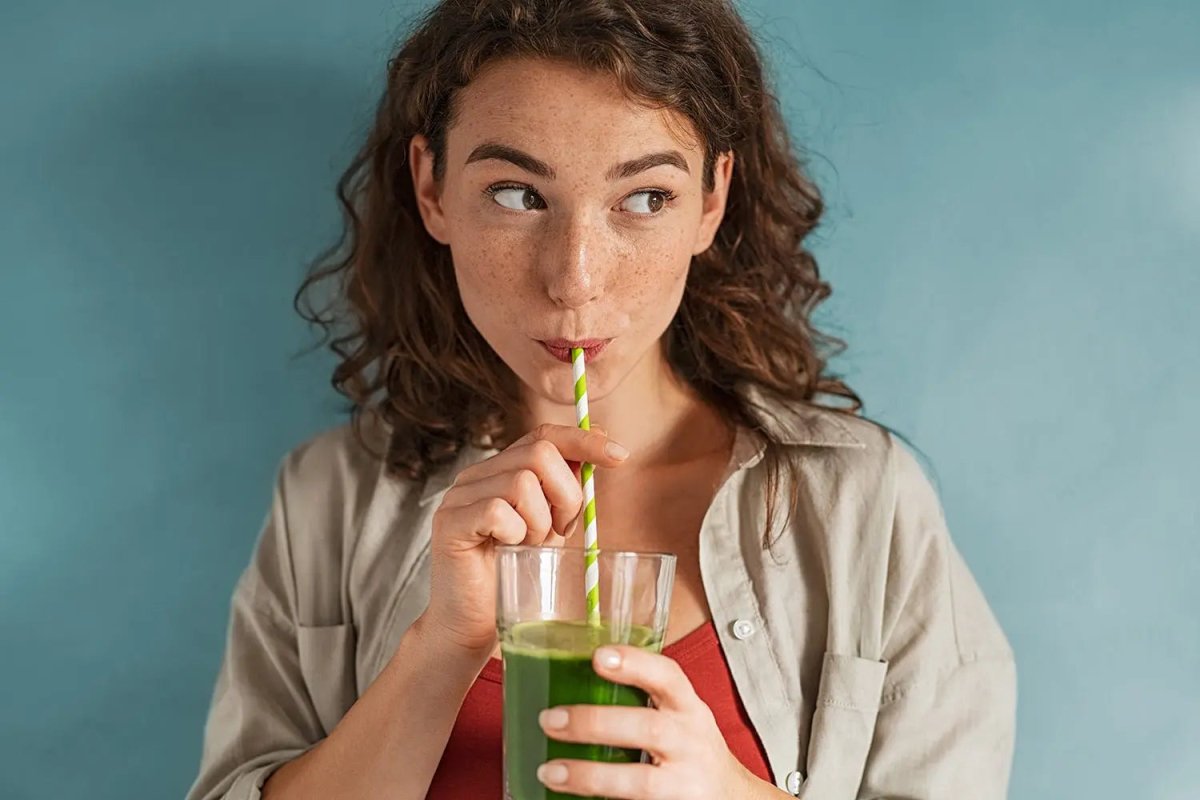
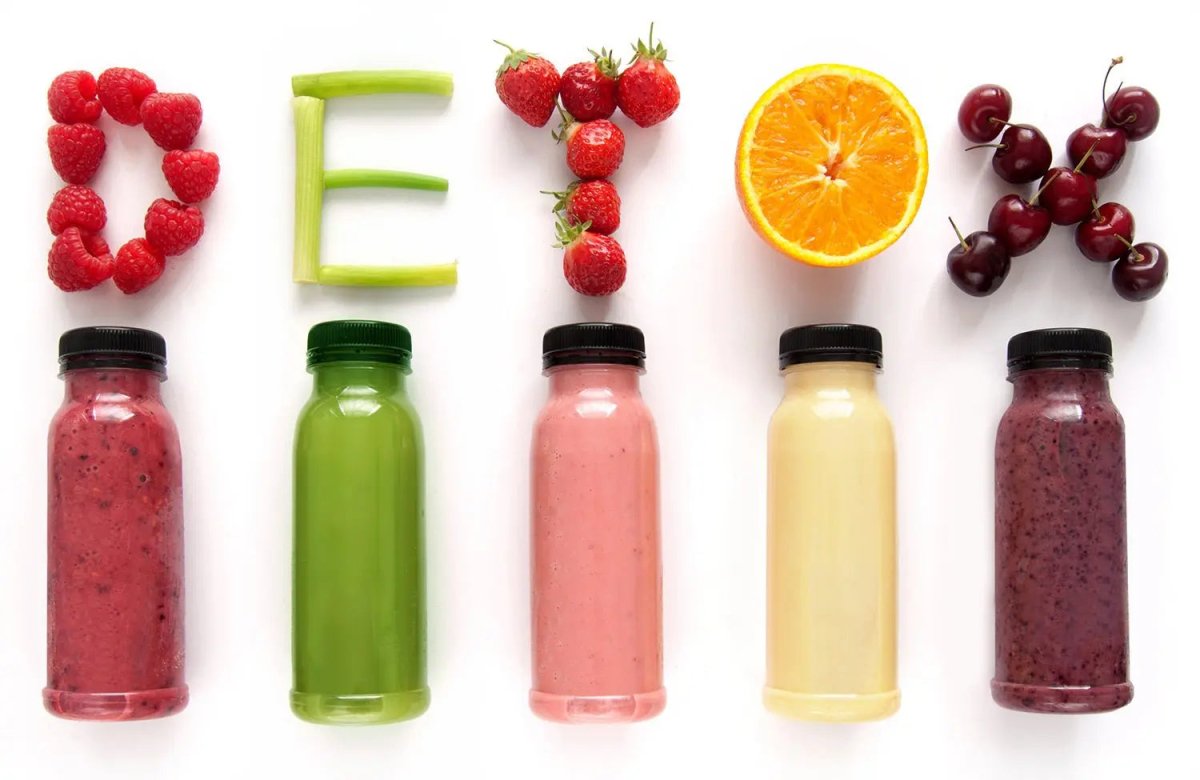
Leave a comment
All comments are moderated before being published.
This site is protected by hCaptcha and the hCaptcha Privacy Policy and Terms of Service apply.